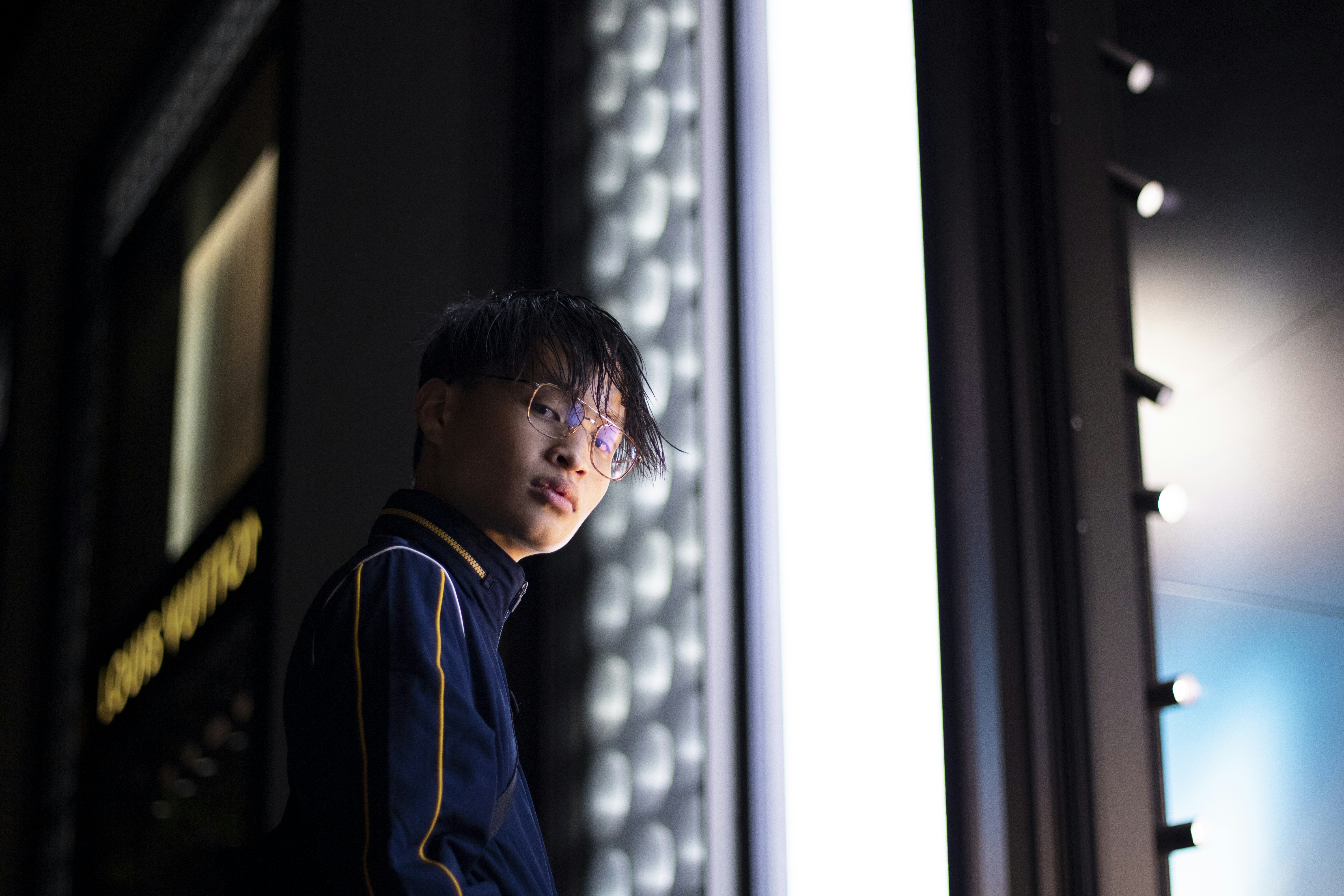Understanding the Beastie Boys vs. Brinker Legal Battle for Copyright Infringement
Learn about the lawsuit filed by the Beastie Boys against Brinker International for unauthorized use of their song, 'Sabotage,' in social-media ads.

Background of the Legal Dispute
The lawsuit filed by the Beastie Boys against Brinker International stems from the unauthorized use of the Beastie Boys' famous song, 'Sabotage,' in a social-media ad by Chili's Grill & Bar, a subsidiary of Brinker. The Beastie Boys alleged that Brinker utilized significant portions of the song and replicated elements from its iconic music video without obtaining permission, leading to claims of copyright infringement and trademark violations.
Legal Allegations and Past Precedents
In their legal case, the Beastie Boys, represented by surviving members Adam Horovitz and Michael Diamond, along with the estate of Adam Yauch, who passed away in 2012, accused Brinker of infringing their copyrights and violating their trademark rights. Notably, Adam Yauch had explicitly prohibited the use of his music in advertisements, adding weight to the Beastie Boys' claims. The band had previously succeeded in a copyright violation case against Monster Energy drink, where they were awarded $1.7 million for unauthorized use of their music.
Monetary Damages and Legal Actions
Seeking redress for the alleged infringement, the Beastie Boys requested the court to award them at least $150,000 in monetary damages. Additionally, they sought a court order to prevent Brinker from further exploiting their work without authorization. This legal action signifies the band's commitment to protecting their intellectual property and upholding their rights as creators.
Implications for Copyright and Trademark Protection
The legal battle between the Beastie Boys and Brinker International serves as a reminder of the importance of safeguarding intellectual property rights in the creative industry. Copyright and trademark protections are crucial for artists and creators to retain control over their work and prevent unauthorized use. This case highlights the significance of respecting artists' rights and obtaining proper permissions before using copyrighted material in commercial ventures.

